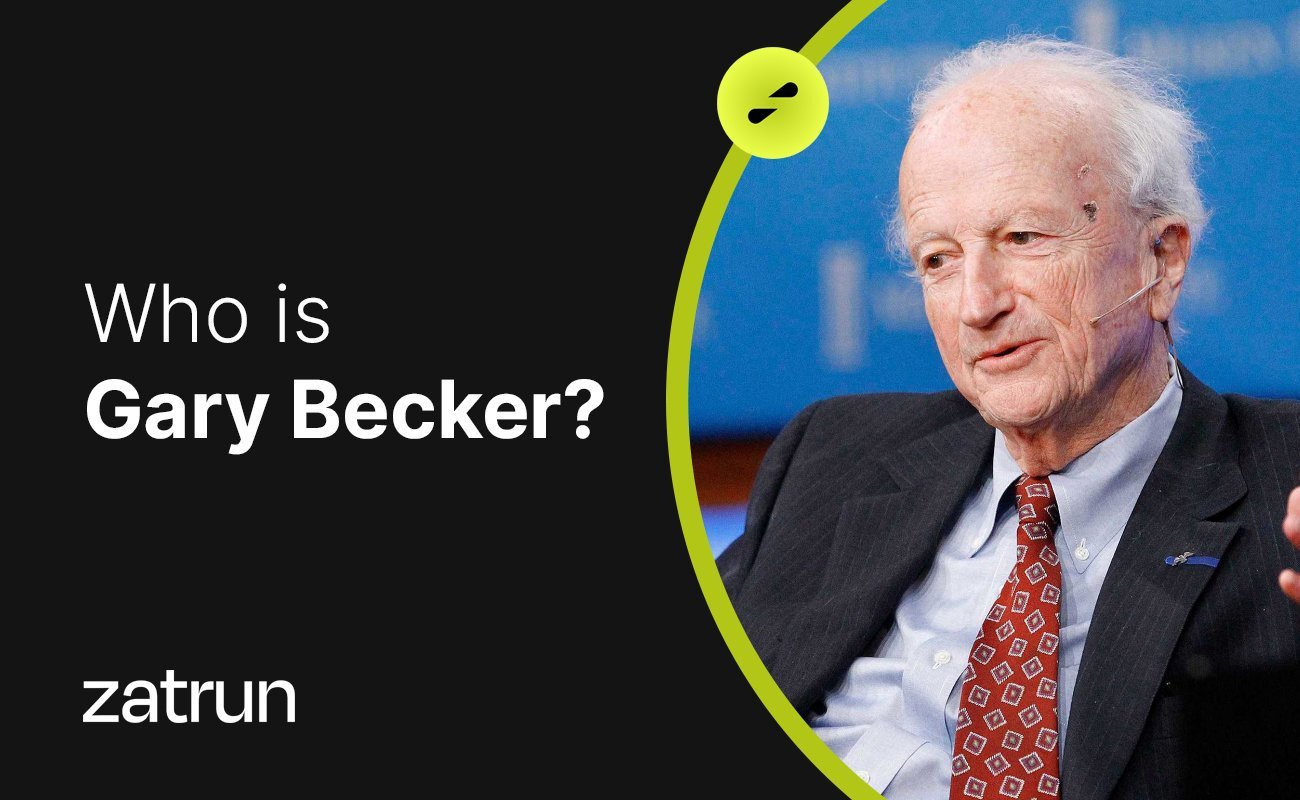Robert Barro is an American macroeconomist who was born on September 28, 1944. He is currently the Paul M. Warburg Professor of Economics at Harvard University, where he is known as one of the founders of new classical macroeconomics along with Robert Lucas Jr. and Thomas J. Sargent. Barro is also a senior fellow at the Hoover Institution at Stanford University and is a co-editor of the influential Quarterly Journal of Economics. If you want to find more about Robert Barro, this Zatrun.com guide is for you.
Who is Robert Barro?
Robert Barro is an American macroeconomist born on September 28, 1944, and he is the Paul M. Warburg Professor of Economics at Harvard University. Barro received his B.S. in physics from the California Institute of Technology in 1965, where Richard Feynman trained him. However, he realized that he would not be at the top in this field and later turned to economics, earning his Ph.D. from Harvard University in 1970.

In 1974, Robert Barro gained broad attention with his paper entitled “Are Government Bonds Net Wealth?” This paper argued that under certain assumptions, government borrowing would be offset by increased bequests to future generations to pay for future taxes, which would finance current tax reductions without affecting consumer spending. This paper was a direct response to the results of Alan Blinder and Robert Solow and had become one of the most cited papers in macroeconomics. His Ricardian equivalence results are still being debated today.
His Academic Career
In 1976, Robert Barro authored another influential paper titled “Rational Expectations and the Role of Monetary Policy.” In this paper, he argued that due to information asymmetry, rational economic actors would create real effects in response to expected changes in monetary policy, but not uncertain ones.
In his subsequent work, he investigated the real effects of monetary changes and contributed significantly to clarifying the conditions in which the policy effectiveness proposition was valid. Since then, he has re-examined the subject and critically evaluated the paper, but it was significant in integrating the role of money into neoclassical economics and entering general equilibrium and macroeconomic models.

In 1983, he applied the information asymmetry argument to the role of central banks and concluded that their credibility in combating inflation should be limited, and they should adhere to inflation targets to reduce unemployment.
In the 1970s, economist Arthur Okun developed the concept of the Misery Index, which was introduced by Jimmy Carter in the 1976 presidential election and Ronald Reagan in the 1980 presidential election. Numerous sources falsely attribute this index to Barro because it is like the “Barro Misery Index.” Barro’s version was first seen in the BusinessWeek magazine in 1999.
His Ideas and Impact
If we’re talking about another widely cited work, it would be the article “A Reformulation of the Economic Theory of Fertility,” which Robert Barro co-wrote with Gary Becker in 1988. This article presented influential ideas about modelling over an “infinite time horizon.”

Later, Barro and his wife Rachel McCleary began examining the influence of religion and popular culture on political economy. He believes that one of the Keynesian multipliers is below one. He argues that when the government borrows and spends, other economic activities’ spending falls by almost the same amount.
Barro’s work has been at the centre of economic and public policy discussions over the past 30 years. These discussions include business cycle theory, growth theory, neoclassical synthesis, and public policy. Barro has been awarded an honorary doctorate by Universidad Francisco Marroquin.
As of March 2016, the Economic Research Reports project ranked him as the world’s fifth most influential economist based on his academic contributions. Finally, Barro is a vocal opponent of stimulus spending and has referred to Obama’s stimulus package as “garbage” and “the worst law since the 1930s.”












